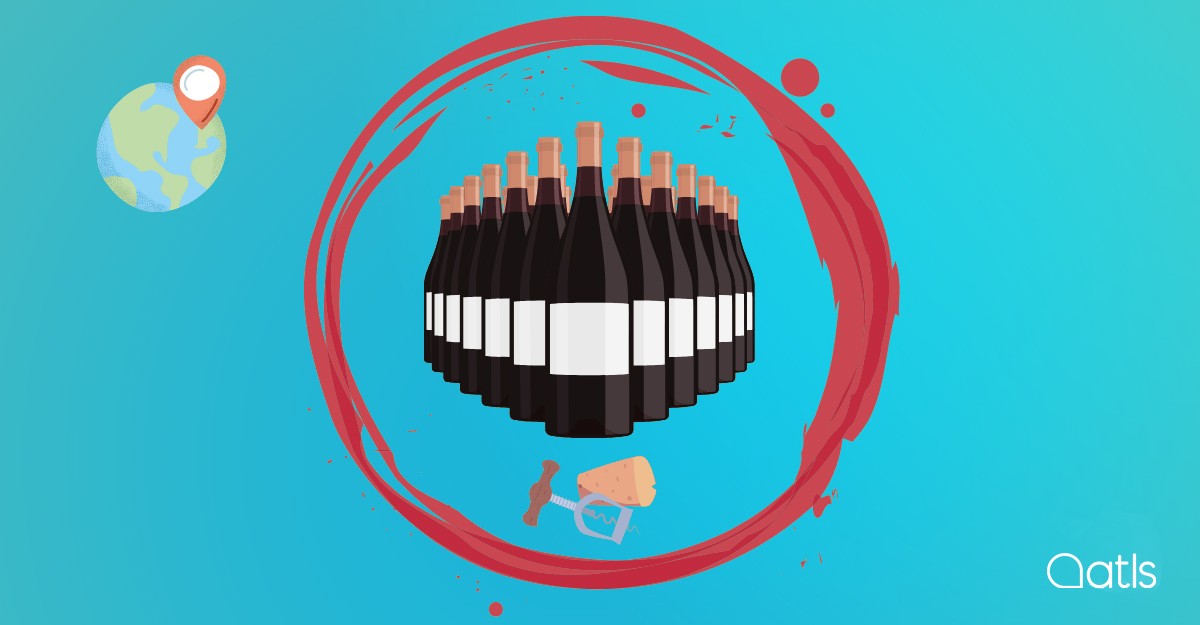What type of translation does your company need?

Translation services are being increasingly requested by companies, but what type of translation can they ask for? It all depends on which phase they are at. These are the types most often requested!
Financial translation
Translations where you work with financial documents. The need to translate these documents with numerical content and legal terms into other languages stems from a company's desire to expand into other markets.
These texts can be varied: annual accounts, statements of changes in equity, cash flow statements, reports, insurance policies, delivery notes, invoices, audits, business letters or financing agreements. It is important to bear in mind that an error in the translation of these documents can entail serious consequences for the company, including financial losses.
Legal translation
It consists in translating documents with mostly legal content. It requires great linguistic accuracy and in-depth knowledge of the subject matter and legal terminology. Not only must the translator know the source and target languages, but they must also master the legal peculiarities of the target country.
Company documents that require a legal translation include articles of incorporation or contracts (purchase agreements, franchise agreements, leasing agreements, confidentiality agreements, etc.).
Creative Translations
Creative translation or transcreation is the process where a message in one language is transformed into another, while trying to capture the same essence in the translation and evoke the same emotions in the users in the target country. It requires a creative translator that is well-versed in the linguistic and cultural aspects of the source and target languages.
This type of translation is usually used for advertising or commercial purposes to adapt content (websites, marketing campaigns, email marketing, promotional material or SEO strategies) to a new culture, country or context.
Literary Translation
It consists in translating cultural texts, prose or poetry (stories, novels, poems or poetry). In these cases, in addition to transmitting the meaning of the message, the translator must work on maintaining the style, format and voice of the author.
In the case of poetry, the translator is set with the task of preserving the meaning of the work while keeping in mind aspects such as the rhyme, rhythm and meter.
Technical translation
It is the translation of texts that contain an extremely specific content on a certain topic. An aspect that determines if a translation is technical or not, is the authorship of the text. If a technical text is well written, it will not contain any indication of the author or any subjectivity whatsoever.
The aim of this kind of translation is to transmit information clearly to help to the user perform a certain task. Therefore, they usually consist in translating technical manuals, tender documents or user guides, among many others.
Sworn translation
When we talk about certified or sworn translations we refer to those translations necessary for official procedures in public or private authorities such as ministries, consulates and notaries, among others.
This translation only can be performed by a translator with the title of Sworn Translator-Interpreter granted by the Ministry of Foreign Affairs and Cooperation of Spain. The sworn translator must seal all pages and include a statement certifying that it is a faithful translation of the original, together with their signature, seal and date. The document is then valid to perform procedures with public administrations.
These are only some of the types of translation that a local or global company could request at some point. At AT Language Solutions (ATLS) we work with any type of specialised translation. Tell us what you need!




